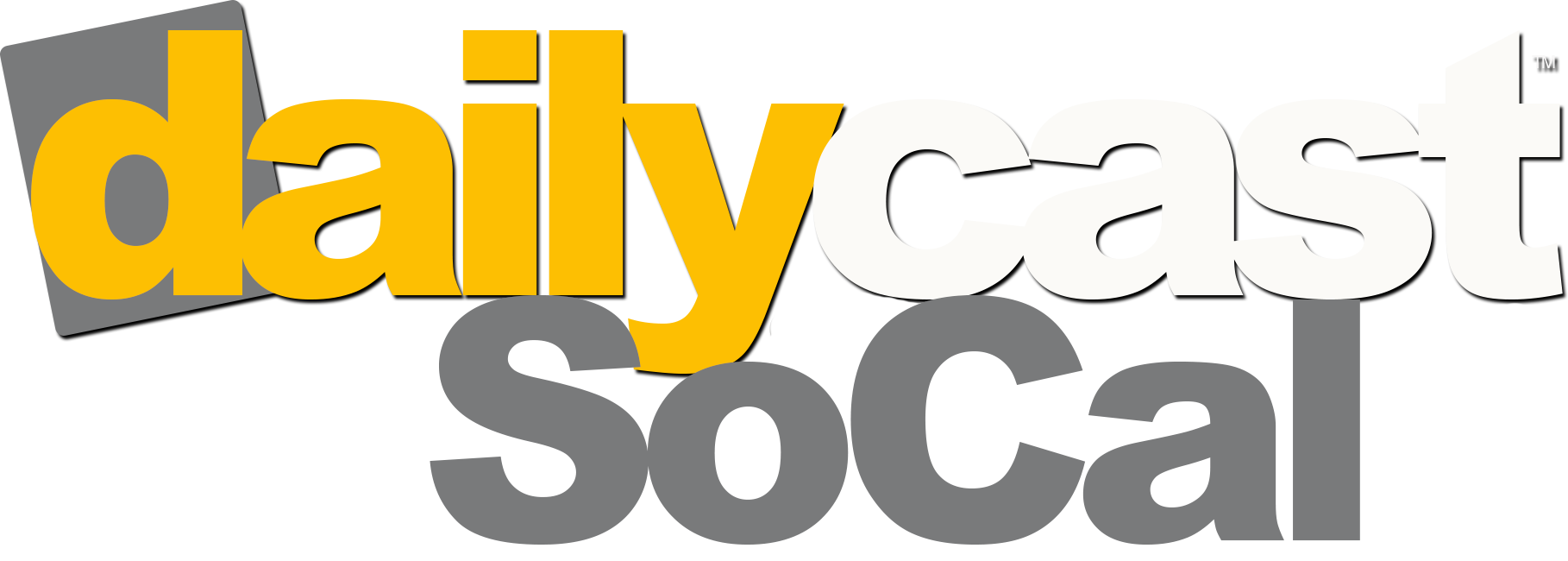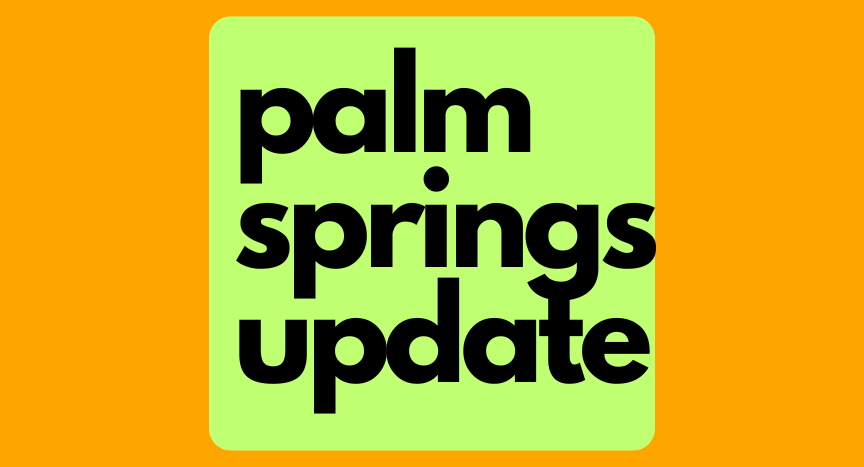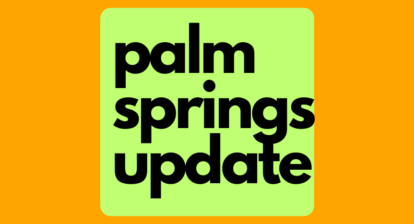In early May, the small city of Banning, California, hosted the Palm Springs Hot Rodeo. The competition, which has occurred most years for the past 50, salutes the homoeroticism of rodeo culture. The four-day event—an official stop on the International Gay Rodeo Association circuit—features traditional rodeo events like steer wrestling and calf roping, along with more whimsical activities like a wild drag race, in which a person in drag rides a steer while their teammates guide it, and goat dressing, in which a pair attempts to put tighty-whities on a goat as quickly as possible.
All events are open to any gender—men can barrel race and women can bull ride. “A lot of gay people can’t be incorporated into the other rodeo world,” contestant Savannah Smith told me. “You can do whatever you want here,” she added, “and everyone here is supportive.”
This year, the festive event took place against increasing attacks on queer rights. Two days after the rodeo ended, the Supreme Court allowed the Trump administration’s ban on transgender soldiers in the US military. It is unclear what will be targeted next; some fear the overturning of Obergefell v. Hodges, the landmark 2015 decision legalizing gay marriage. Against this backdrop, the Hot Rodeo serves as an important reminder of the resilience of queer culture in America, with its inclusive celebration of LGBTQ athleticism and joy.


